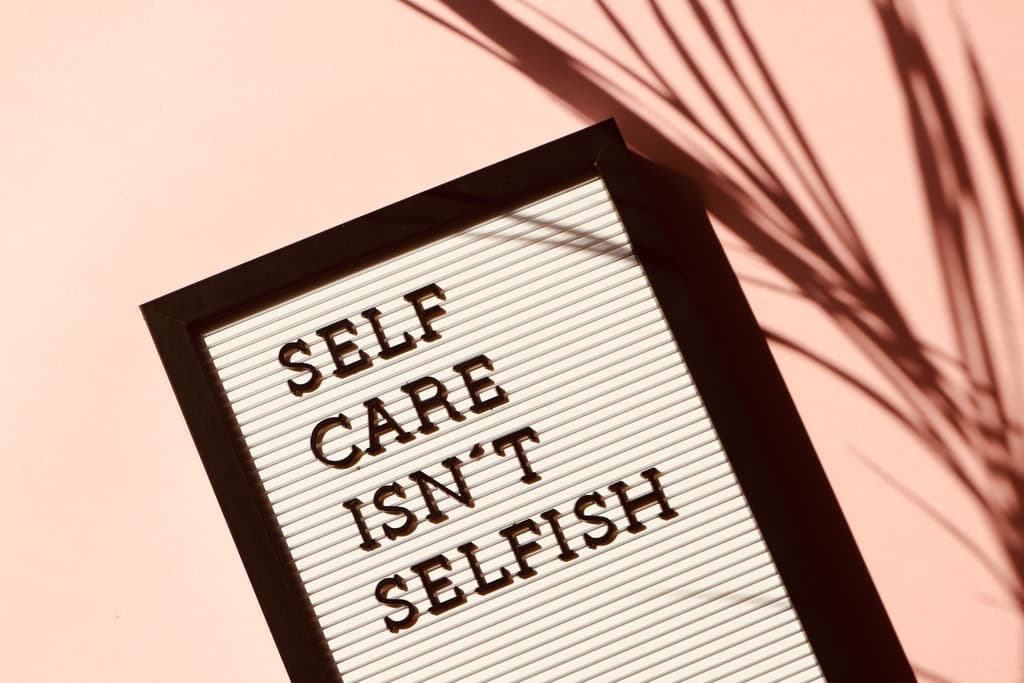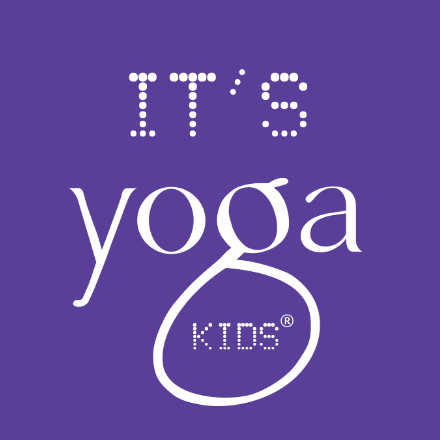
May is Mental Health Awareness Month!
According to reports from UNICEF and the World Health Organization, 1 in 7 children ages 6–18 have a diagnosable mental health condition. And that’s…pretty staggering. Many are now calling the current mental health crisis "the next pandemic.” It's more important than ever to reduce the stigma around talking about mental health, increase efforts to educate people about mental health and mental illness, and connect people with resources to get help if they need it.
How does yoga fit into children’s health? Yoga is preventative care. We see a full range of children from the highest performing student-athletes to the most challenged under-resourced kids. They all have the same things in common: they experience stress.
The pressures are very intense at both ends of the spectrum and in-between. Stress manifests the same way in every body. The Automatic Response System (ARS) most commonly, flight or flight, gets activated repeatedly and the Central Nervous System has to be regulated or health suffers. It’s that simple.
The practice of yoga, and all its elements, including breathing, mindfulness and meditation are proven to reduce stress. Yoga also amplifies confidence, resilience and joy. It’s fun. Kids like it. It reaches all walks of life and models the healthy habits we all need to succeed. Coping skills are rarely taught anywhere else. Some schools are making progress with social-emotional learning (SEL). Yoga nourishes the body, mind and heart of all students regardless of their religious or cultural background. It’s an equalizer and a unifier. What could be healthier than that?
